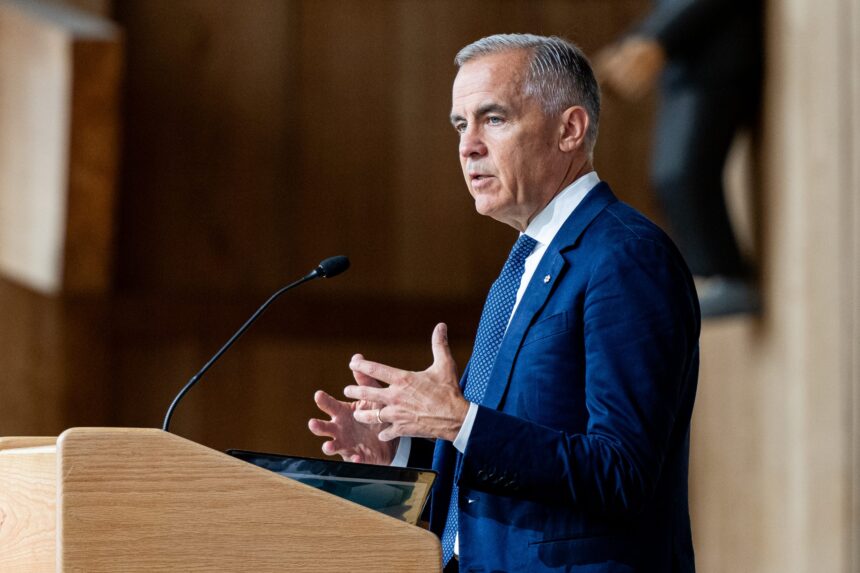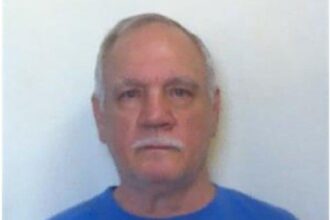The pristine waters of Muskoka will serve as the backdrop for a significant diplomatic encounter this week as Finance Minister Mark Carney prepares to meet with a high-profile bipartisan delegation of U.S. senators. This rare cross-border engagement comes as Canada’s premiers gather for their annual three-day summit in one of Ontario’s most picturesque regions.
Sources close to the Finance Minister’s office confirm that Carney, the former Bank of England and Bank of Canada governor, will use this opportunity to address pressing bilateral economic concerns, particularly around trade relations and supply chain resilience. The timing is especially critical as both nations grapple with persistent inflation and market volatility.
“This meeting represents a strategic opportunity to reinforce Canada’s economic priorities with key U.S. decision-makers,” said a senior Finance Department official who requested anonymity due to the sensitive nature of the discussions. “Minister Carney brings unique credibility to these talks given his international standing.“
The U.S. delegation, comprised of senators from both Republican and Democratic parties, signals Washington’s growing interest in strengthening North American economic integration amid global uncertainty. Senators are expected to discuss the implementation of the Canada-United States-Mexico Agreement (CUSMA) and potential areas for deeper cooperation in critical minerals and clean technology.
The Council of the Federation summit, which brings together provincial and territorial leaders, has evolved into a significant forum for intergovernmental dialogue. This year’s agenda notably focuses on healthcare funding, climate policy, and infrastructure investments – all areas requiring federal-provincial alignment.
Premier Doug Ford, hosting the gathering, emphasized the importance of the concurrent meetings. “Having Minister Carney engage with American senators while premiers discuss national priorities creates a powerful moment for advancing Canada’s interests at multiple levels,” Ford stated during yesterday’s pre-summit press briefing.
Economic analysts view this diplomatic convergence as particularly meaningful given current global trade tensions. “Carney’s financial expertise positions him as an ideal intermediary between Canadian economic interests and American policymakers,” explained Dr. Helena Wright, professor of international trade at the University of Toronto.
The Muskoka summit occurs amid growing concerns about housing affordability, healthcare capacity, and energy security across Canadian provinces. Premiers are expected to present a unified position on several key issues, including demands for increased federal health transfers and greater provincial autonomy in resource development.
Indigenous leaders have also been invited to participate in specialized sessions, reflecting growing recognition of their essential role in resource management and economic development projects across the country.
For Carney, who transitioned from central banking to politics less than a year ago, this represents a significant diplomatic test. His performance could shape perceptions of Canada’s economic strategy among both domestic and international audiences.
As dusk falls over Muskoka’s lakes tonight, the political maneuvering will likely continue in private discussions. The outcomes of these conversations may not make headlines immediately, but their implications for Canadian-American relations could resonate for years to come.
What remains to be seen is whether this convergence of federal, provincial, and international interests will produce tangible results, or merely add another chapter to Canada’s long history of intergovernmental diplomacy without substantive progress on the issues that matter most to ordinary citizens.
























